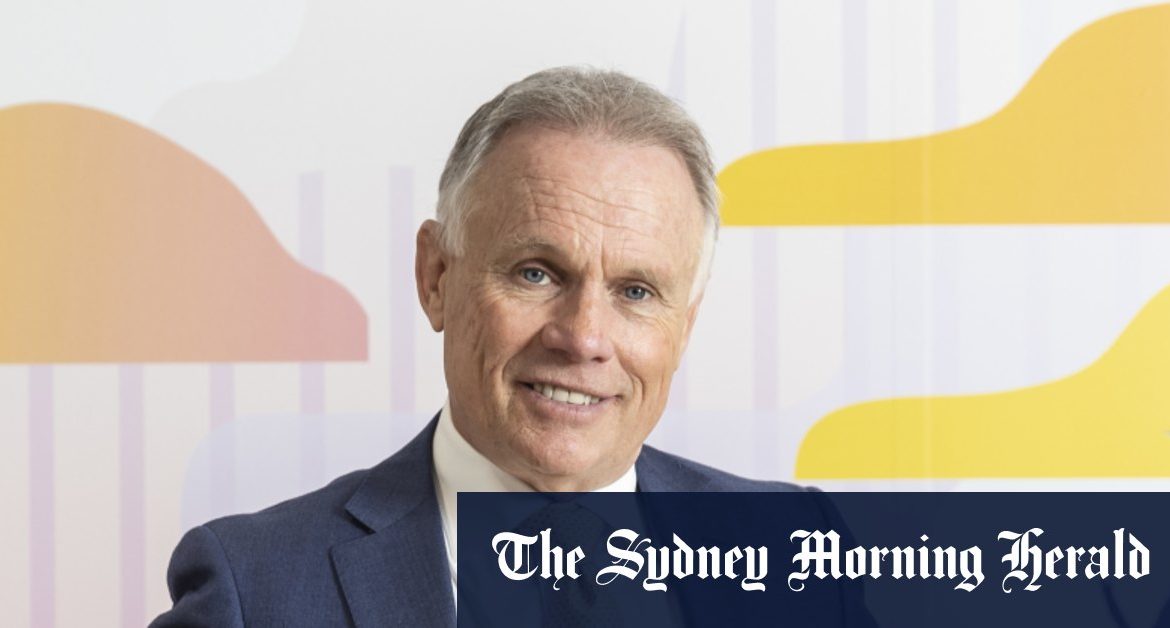Nib’s global businesses have been hit hard by COVID-19. New international students have been unable to enter the country, while foreign worker entries have slowed and Australian outbound international travel has completely halted.
In the six months to December, the fund’s international inbound business saw a 31 per cent claims increase to $31.4 million as international students were unable to leave Australia for important health events, including childbirth.
“These kids haven’t been able to go home as they normally do, that’s created all sorts of pressures,” Mr Fitzgibbon told analysts on a call on Monday morning.
He said the increase in claims costs came down to a handful of large claims including pregnancy complications seen by some members with international inbound cover.
“We have had a couple of difficult claims, but that’s why we are here,” he said.
“We look forward to everything coming back to normal.”
The market reacted well to the fund’s numbers, with nib shares closing out the the session 6.5 per cent higher at $5.74.
The company’s core Australian health insurance business did the heavy lifting in the first half, with premiums revenues up 2.2 per cent to $1.1 billion, while claims expenses were down 0.8 per cent.
Analysts have remained confident health insurers will bounce back to pre-COVID conditions eventually, with elective surgeries resuming and Australians concerned about wait lists in the public sector post-pandemic. However, they say it is difficult to predict how the bounceback will happen over the next six months.
“The post-COVID-19 claims environment looks set to make calendar year 21 a difficult one for private health insurers. We maintain our cautious outlook on the sector,” Macquarie analysts said in a note to clients.
Loading
Nib group chief financial officer Nick Freeman explained to analysts that the latest results had been helped by the insurer paying lower amounts for risk equalisation compared to other years.
Australian health insurers pay funds into a “risk equalisation” pool which helps to manage risk across the sector by supporting funds that have a higher proportion of elderly and sick members.
Because nib has a larger proportion of younger members than other funds, it usually pays the most into the pool. However, a lower claims environment overall due to COVID shutdowns reduced the burden for the half.
Nib declared a fully franked dividend of 10c a share, payable on April 6.
Business Briefing
Start the day with major stories, exclusive coverage and expert opinion from our leading business journalists delivered to your inbox. Sign up for the Herald‘s here and The Age‘s here.
Emma reports on healthcare companies for The Age and Sydney Morning Herald. She is based in Melbourne.
Most Viewed in Business
Loading







